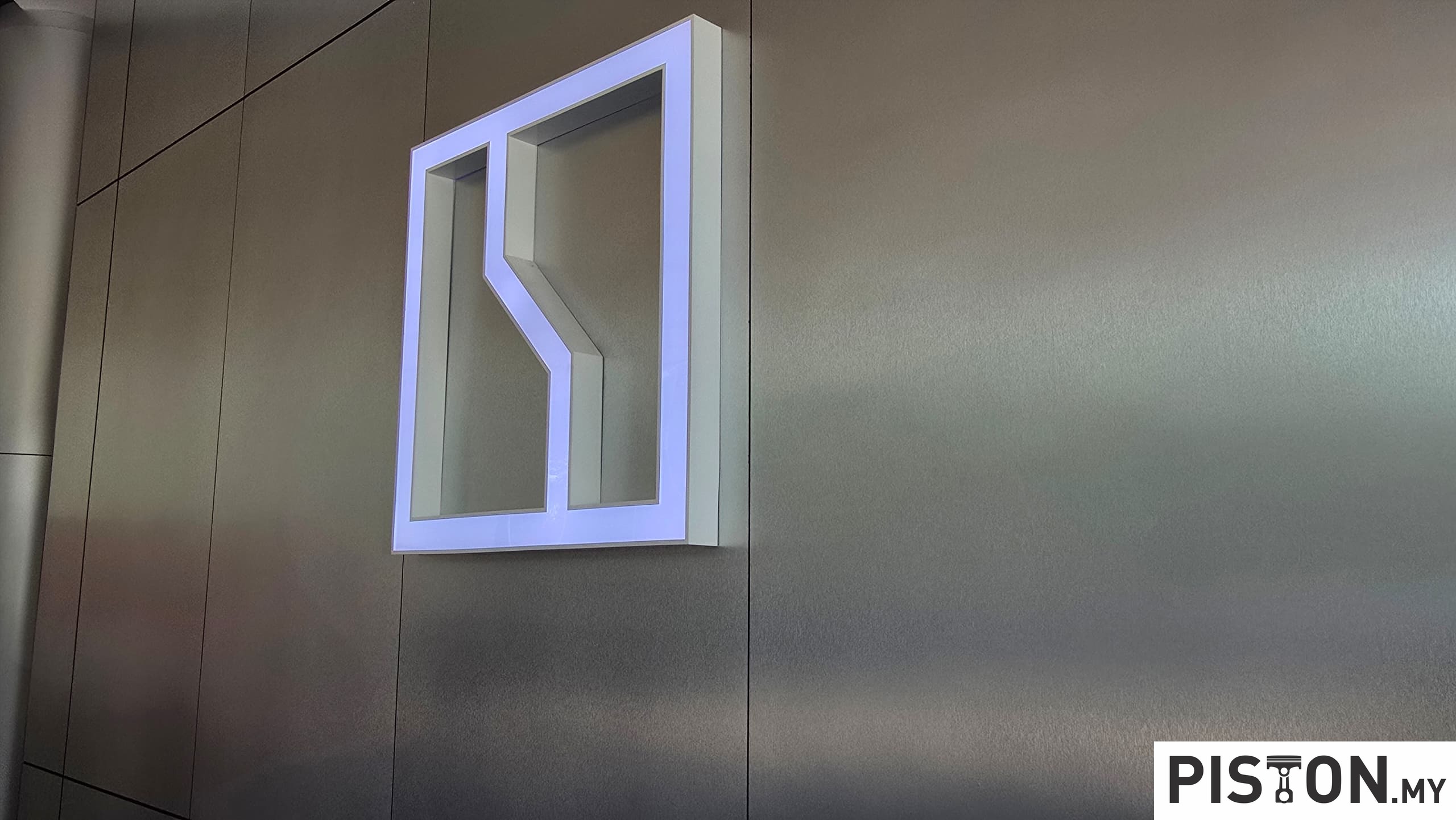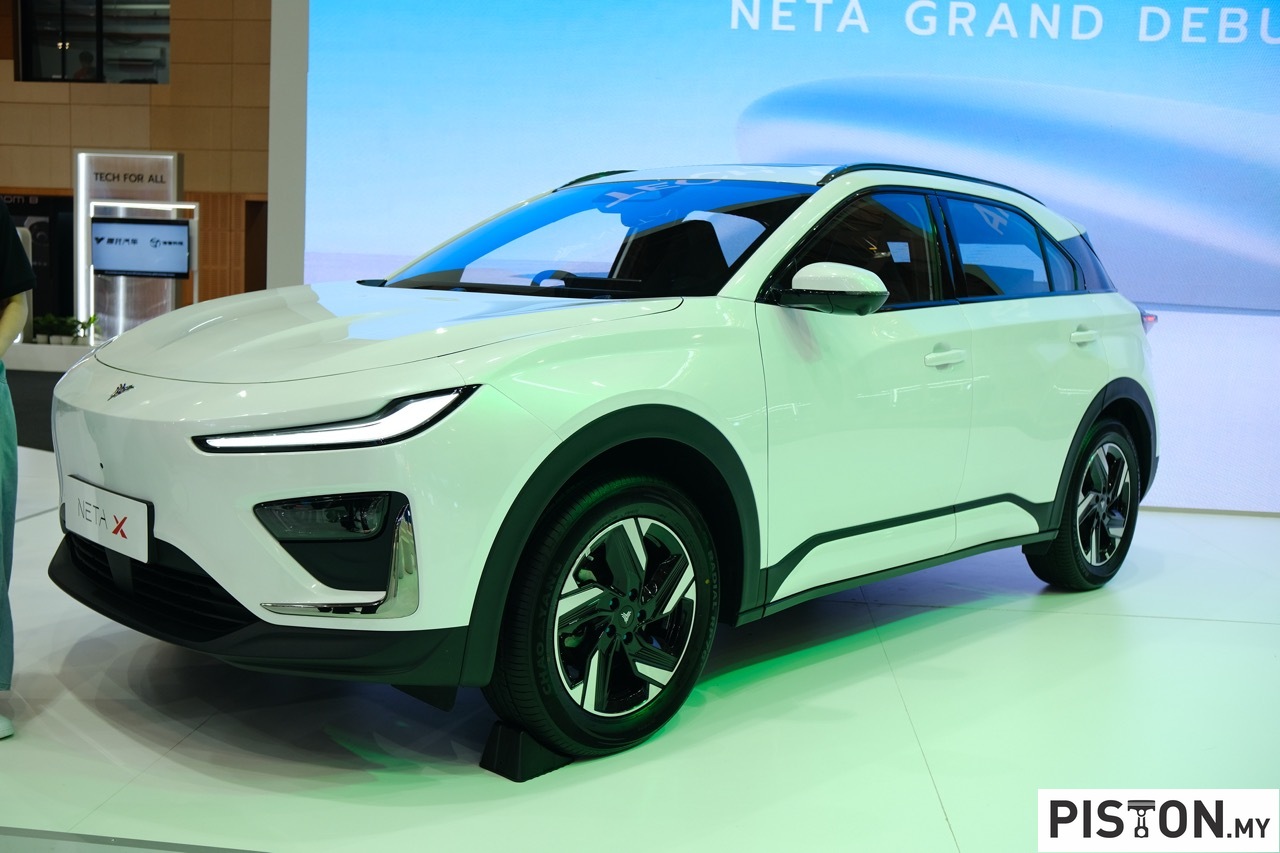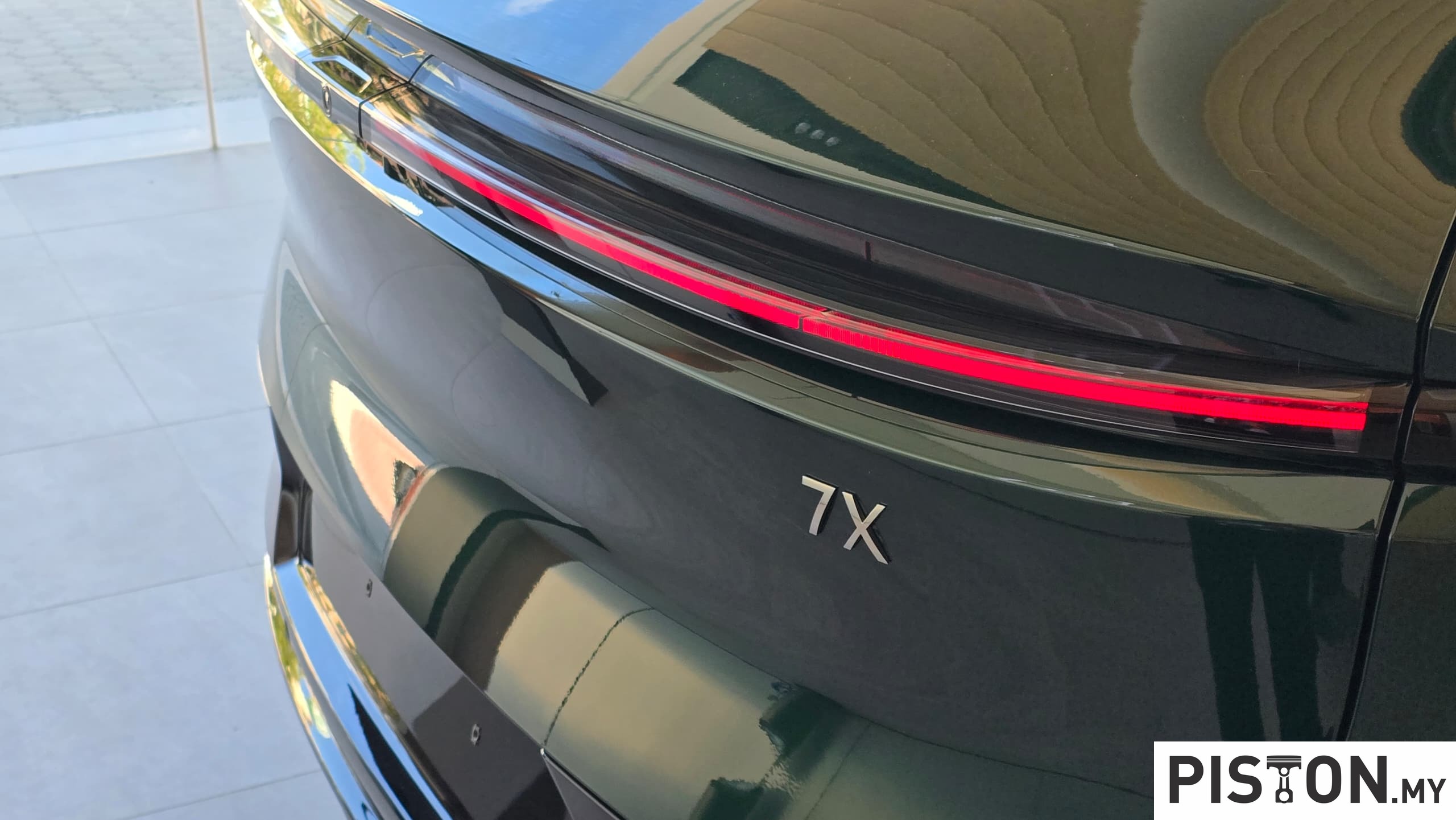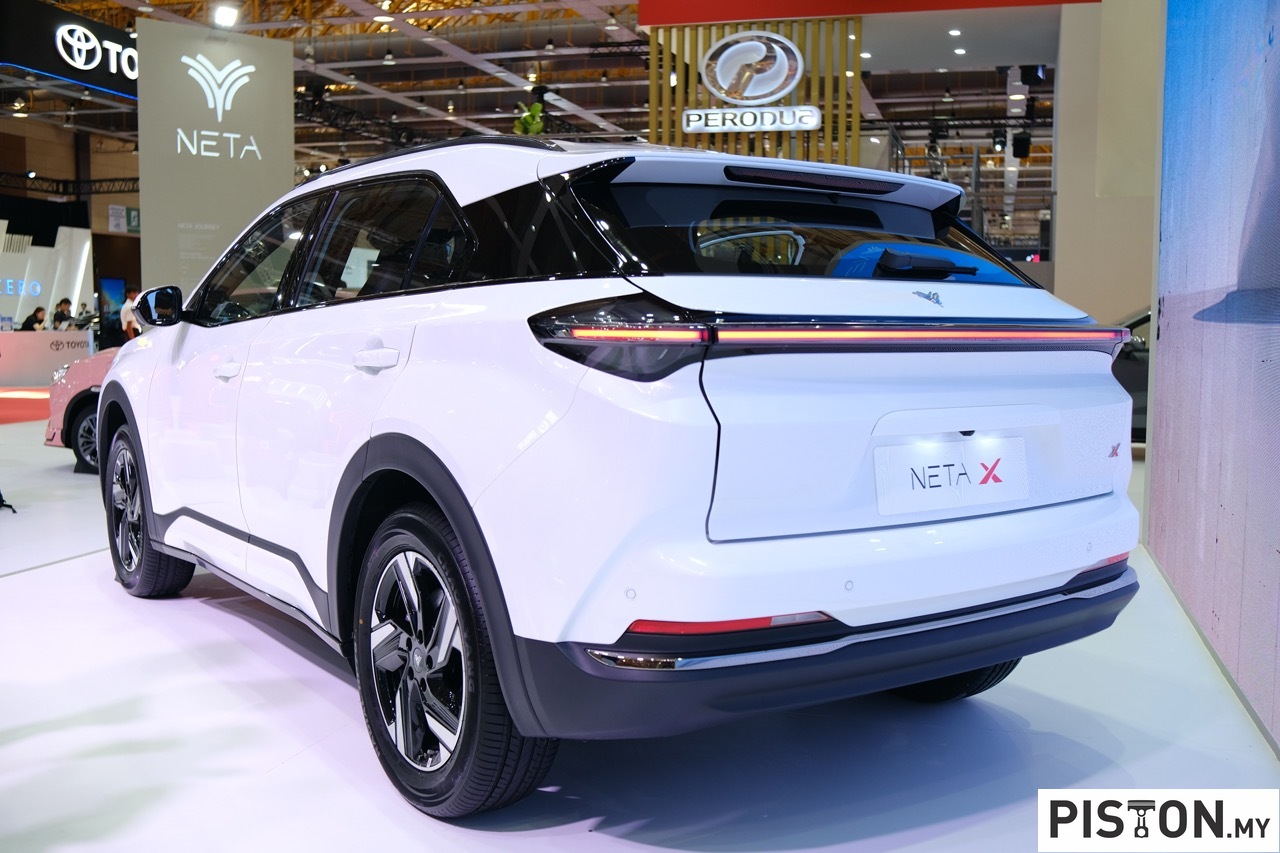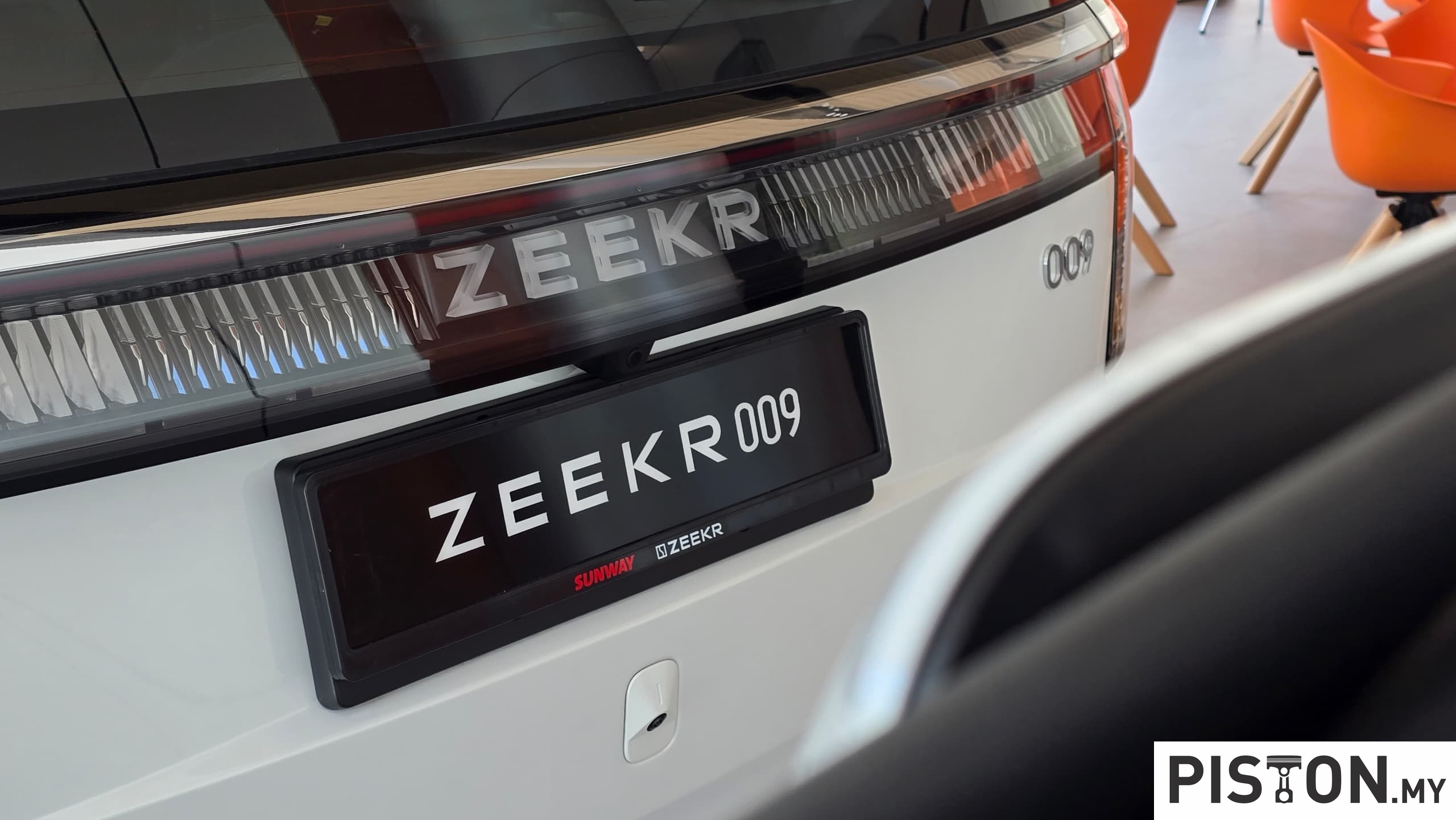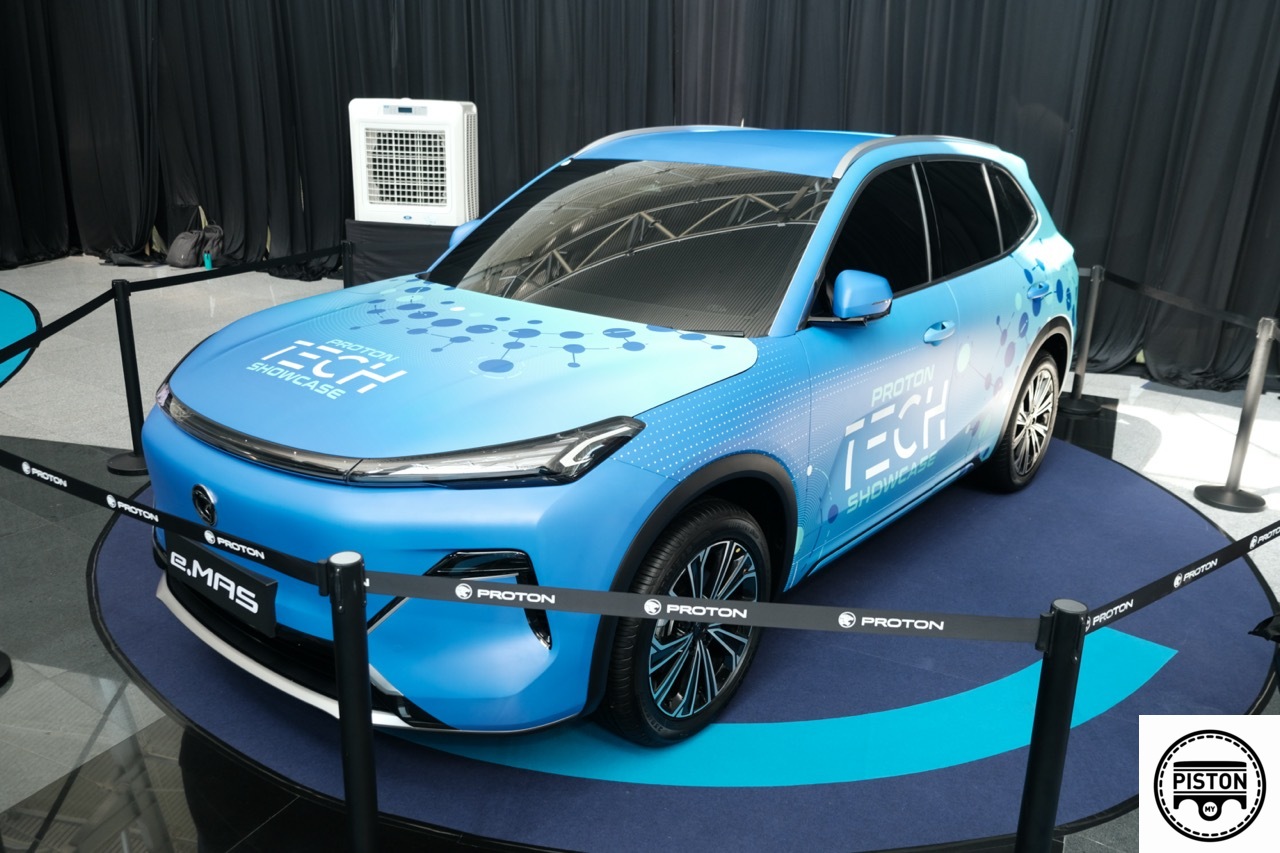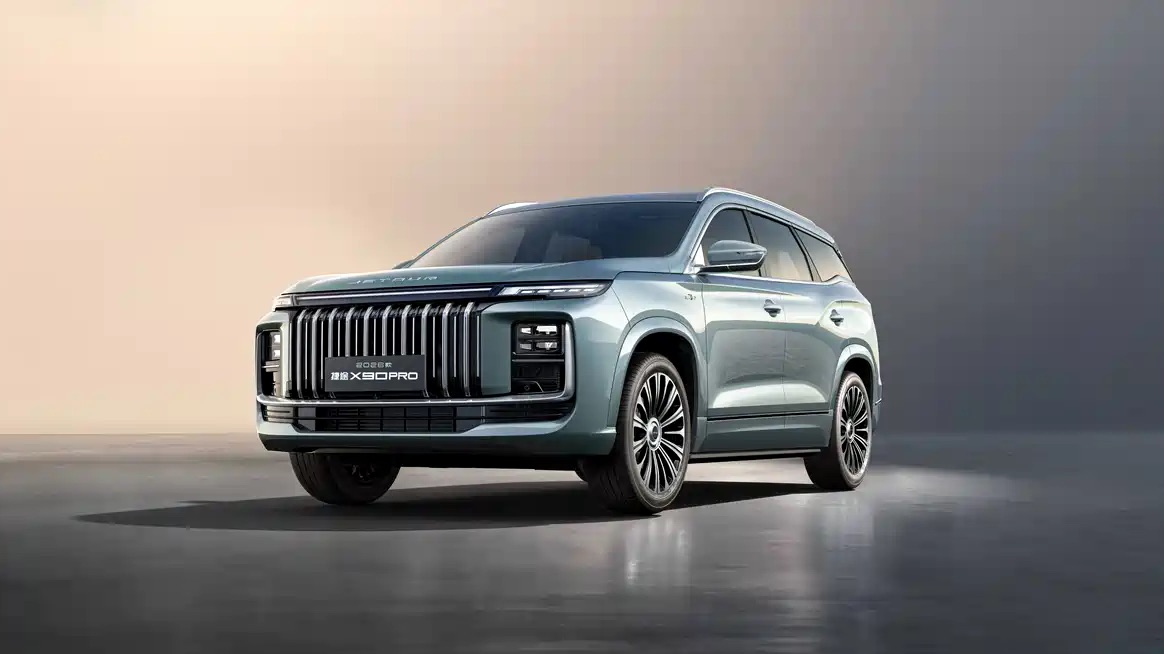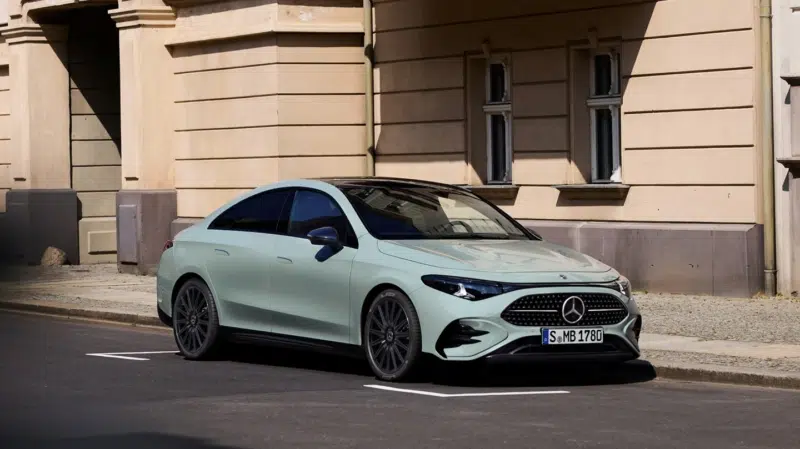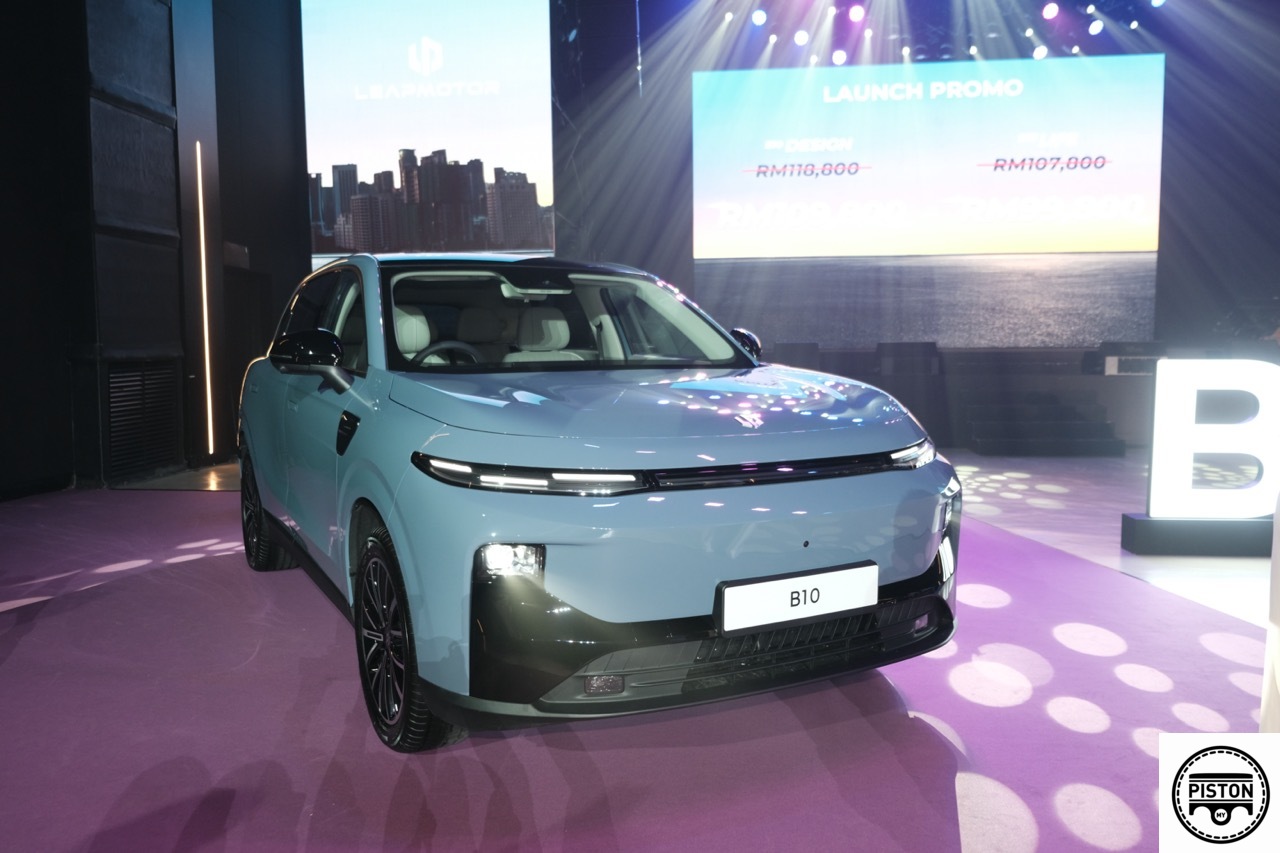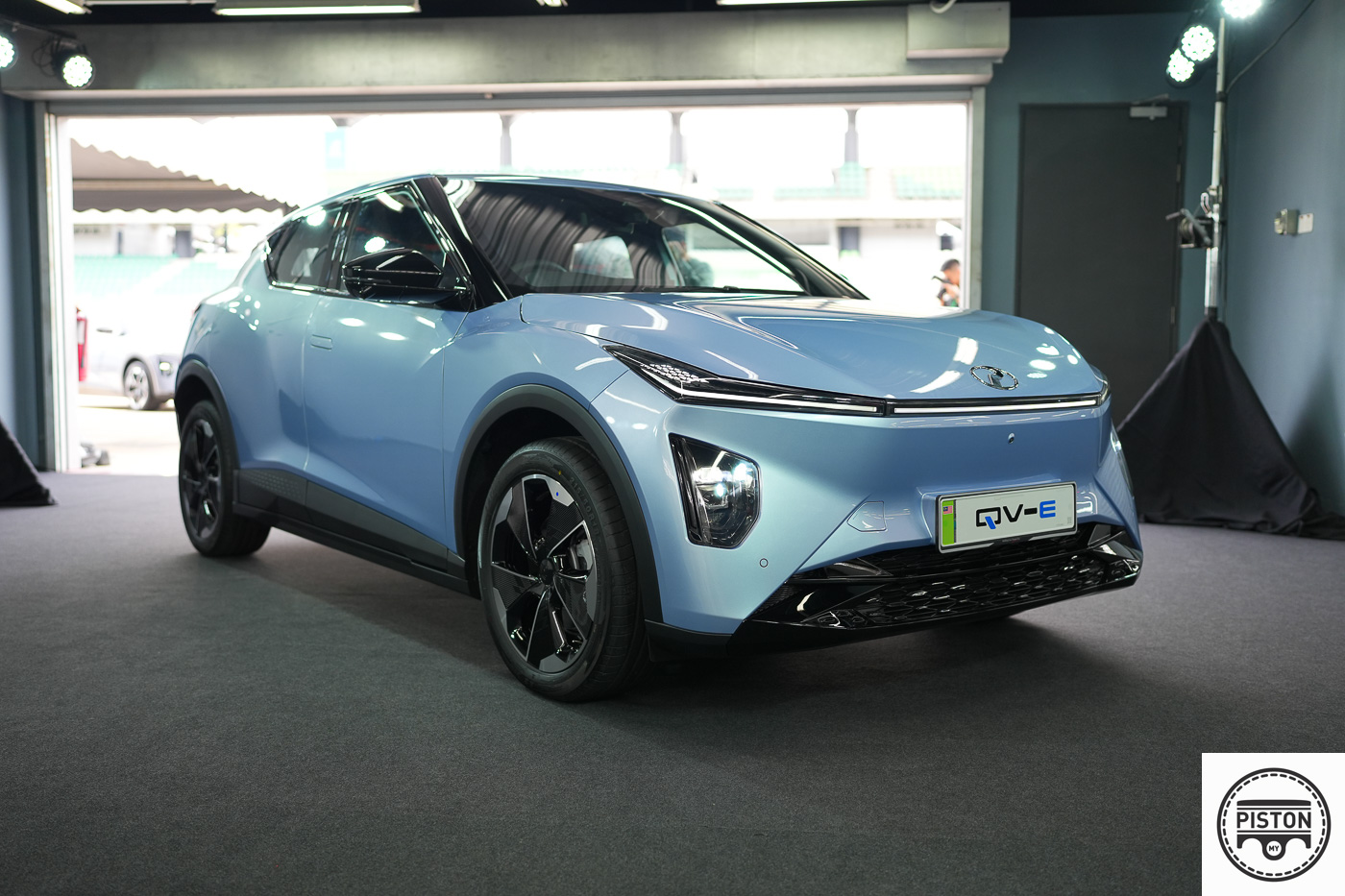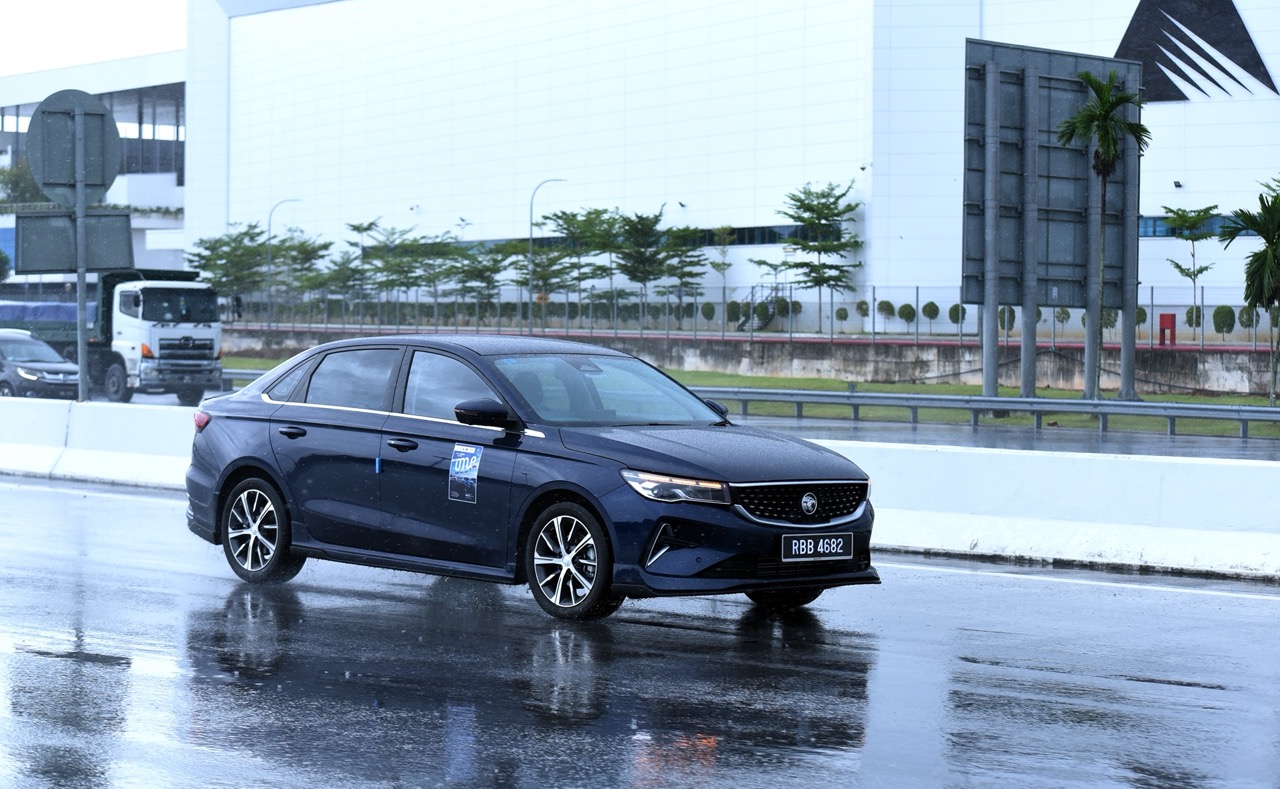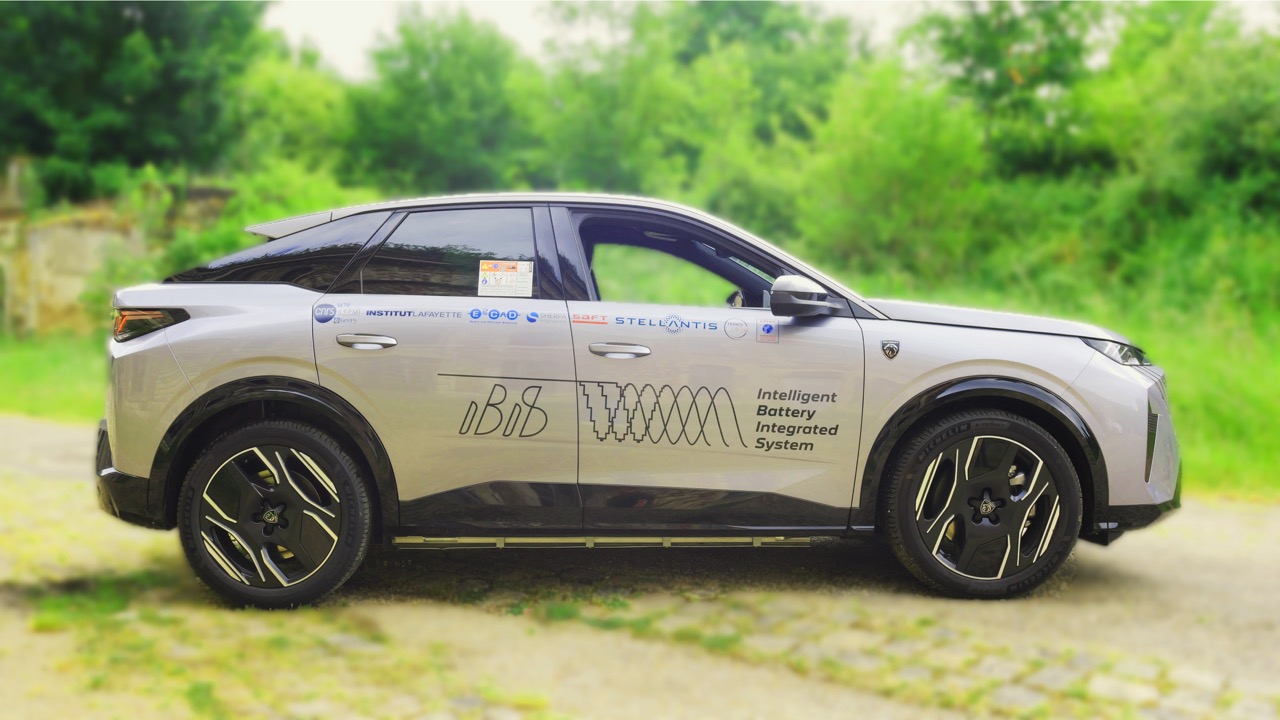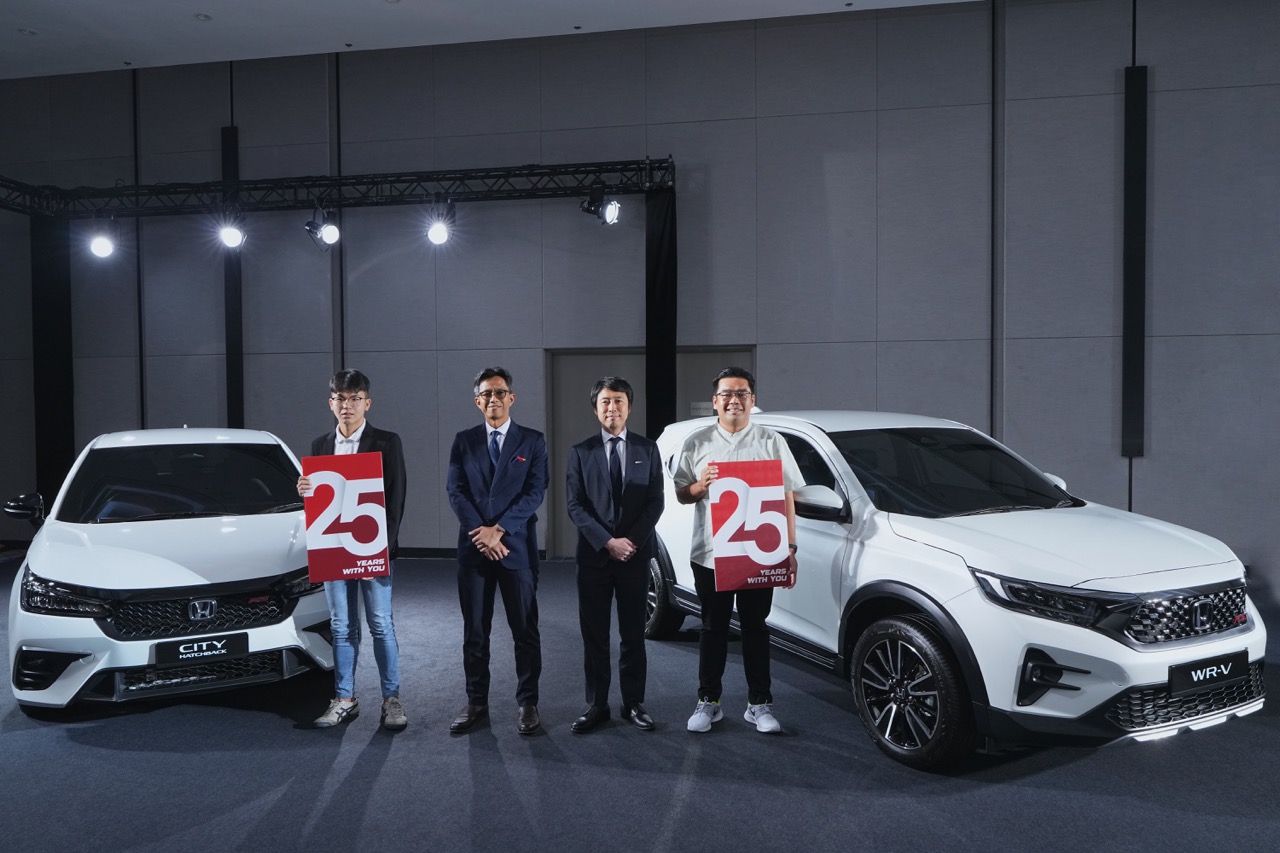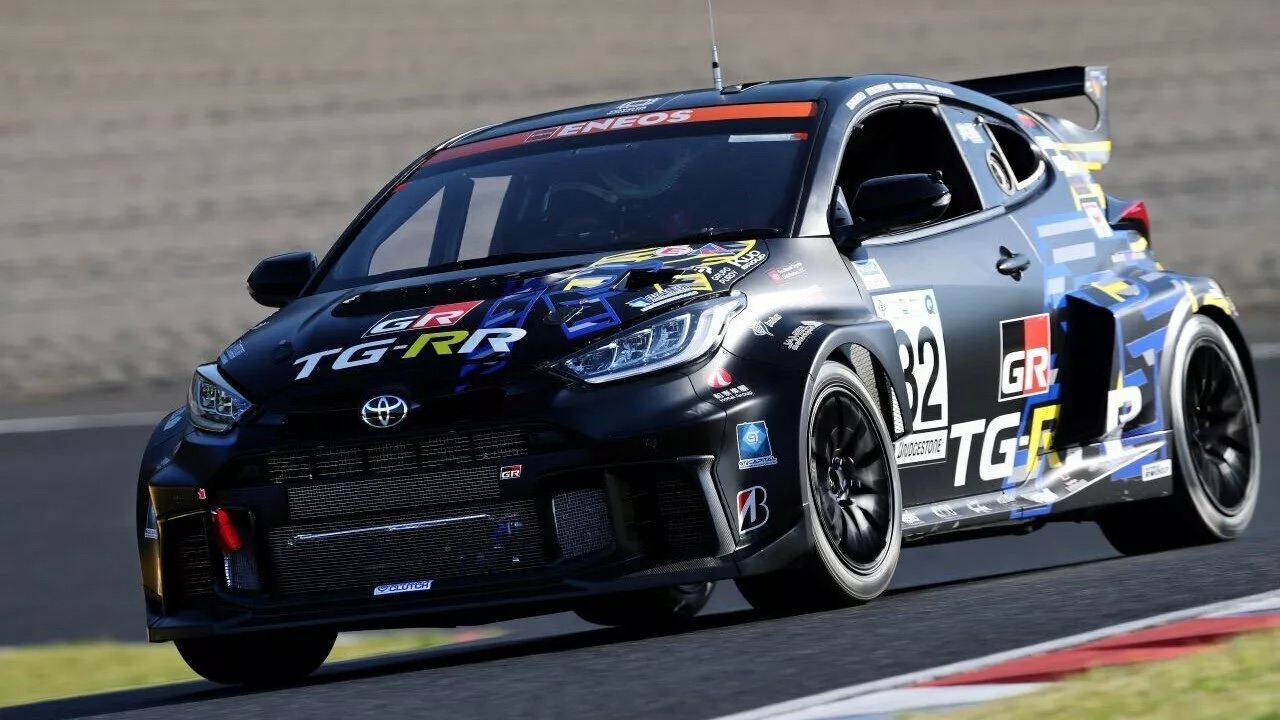Two of China’s prominent electric vehicle (EV) manufacturers, Neta and Zeekr, are facing increasing scrutiny over allegations of artificially inflating their sales figures, a tactic industry insiders claim distorts market data and misleads consumers.
According to a report by Free Malaysia Today (FMT) citing Reuters, internal documents and dealer testimonies revealed that both automakers engaged in premature vehicle registration by insuring cars before they were sold to actual buyers. This allowed the companies to classify these vehicles as sold under Chinese industry standards, even though they had yet to be delivered.
Between January 2023 and March 2024, Neta reportedly booked 64,719 early vehicle sales using this method, representing more than half of the 117,000 units it claimed to have sold during that period. Zeekr, a premium EV brand under Geely, allegedly employed a similar strategy in late 2024, particularly in the city of Xiamen, working with state-owned Xiamen C&D Automobile.
Though not technically illegal, this practice, known as “zero-mileage used car” sales, has sparked outrage. Vehicles are marked as used due to insurance and registration, but have never been driven by real customers. The practice has emerged in the context of a fierce price war and an overcapacity crisis in the Chinese EV market.
FMT noted that Chinese regulators and state media have taken notice. Beijing’s cabinet recently pledged to clamp down on “irrational” market behaviour, and the Ministry of Industry and Information Technology is now drafting measures to ban the resale of newly registered vehicles within six months. The China Association of Auto Manufacturers announced the plan as part of broader efforts to restore consumer trust.
A front-page exposé by the China Securities Journal added further weight to the allegations. It confirmed that Zeekr had sold cars with pre-existing insurance policies, while customers in Guangzhou and Chongqing reported discovering these policies after purchase, and being denied refunds. The journal also flagged Neta’s abnormal sales spikes, particularly in Shenzhen and Xiamen. In December 2024, Zeekr’s reported sales in Xiamen surged to 2,737 units, 14 times its monthly average, even though only 271 vehicles were officially issued license plates.
In response, Zeekr claimed on Weibo that the insured vehicles in question were showroom display models covered for safety purposes. The brand did not confirm if these were included in retail sales but promised an internal investigation. Neta, owned by Zhejiang Hozon New Energy Automobile, did not respond publicly.
However, a Neta dealer told Reuters that since late 2022, the company had instructed dealers to pre-insure vehicles to qualify for expiring government EV subsidies. These cars were marked as sold, sometimes even before reaching dealerships or being purchased. In many cases, customers were unaware their insurance had already begun, only discovering the issue when their coverage expired early. Three Neta customers confirmed this experience.
The same dealer revealed that many of these pre-registered vehicles remained unsold in storage, and the company’s position was firm: “Just do it. Everyone else is doing it.”
Neta’s sales trajectory has reflected the pressure. After peaking at 152,000 vehicles in 2022, the brand saw a drop to 87,948 units in 2023, including 23,399 exports. In Q1 2025, it sold only 1,215 vehicles. Chinese state media confirmed last month that Zhejiang Hozon has entered bankruptcy proceedings.
Zeekr, which is currently undergoing privatisation under the Geely umbrella, is also under pressure. Reports stated that four dealers and two customers confirmed that Xiamen sales were propped up by insurance registrations managed by Xiamen C&D subsidiaries. One customer, based in another southern city, said he was offered a 3,000 yuan discount and a 10,000 yuan charging voucher to accept a pre-insured vehicle.
According to the China Automobile Dealers Association, of the 2,737 Zeekr vehicles reportedly sold in Xiamen in December, 2,508 were sold to companies rather than individual buyers, further raising questions about the legitimacy of the sales.
Industry analysts and media outlets described the strategy as an attempt to “whitewash” sales data. Li Yanwei of the China Automobile Dealers Association criticised the tactic on Weibo, warning that it erodes transparency and damages consumer confidence.
The backlash is growing within the auto retail network as well. Four dealership associations from the Yangtze River Delta recently issued a joint statement demanding fairer sales targets and reasonable incentive structures, accusing automakers of coercing dealers into falsifying sales.
Even the People’s Daily, the official newspaper of the Chinese Communist Party, weighed in, condemning the “zero-mileage” tactic as harmful to both consumers and the reputation of China’s auto industry.
As authorities tighten oversight and regulations loom, the controversy surrounding Neta and Zeekr reflects the broader struggle in China’s overcrowded EV sector.



